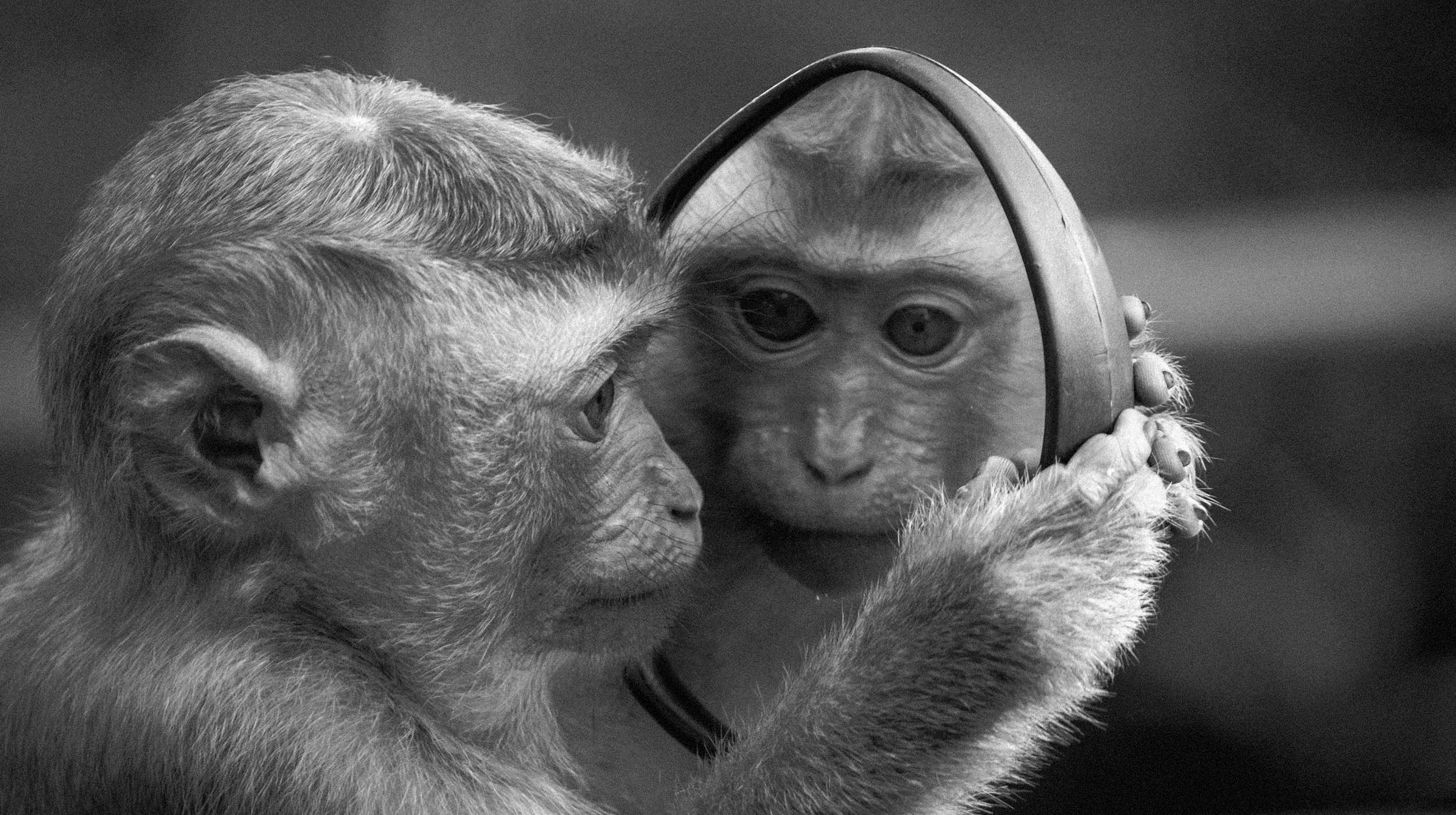Stephen Johnson
Managing Editor, Big Think
Stephen Johnson is the Managing Editor of Big Think. Formerly a long-time contributor to Big Think, he is a St. Louis-based writer and editor whose work has been featured in U.S. News & World Report, PBS Digital Studios, Eleven Magazine, and The Missourian.

What happens when simulation theory becomes more than a fascinating thought experiment?
Millions of doses of Johnson & Johnson’s COVID-19 vaccine could be distributed as early as this week.
The results could help NASA’s Perseverance rover find evidence of ancient life on Mars.
Scientists are using bioelectronic medicine to treat inflammatory diseases, an approach that capitalizes on the ancient “hardwiring” of the nervous system.
The study suggests scientists are underestimating the number of animal species that could generate the next novel coronavirus.
A warming Arctic Circle could be responsible for bursts of cold weather in the south.
The UAE is the first Arab nation to send a spacecraft to the Red Planet.
Scientists with the the Dark Energy Spectroscopic Instrument (DESI) Legacy Imaging Surveys spent six years creating a detailed map of more than 1 billion galaxies.
Artist Seán Doran recently created more than eight hours of high-definition video using images captured by Japan’s SELENE lunar orbiter.
A new paper explores how noise from human activities pollutes the oceans, and what we can do to fix it.
“Deepfakes” and “cheap fakes” are becoming strikingly convincing — even ones generated on freely available apps.
In the future, you might voluntarily share your social media data with your psychiatrist to inform a more accurate diagnosis.
The space agency describes the process of landing rovers on Mars as “seven minutes of terror.”
Clinical trials at the Feinstein Institutes for Medical Research focus on stabilizing cognitive loss and alleviating the psychotic symptoms that change our loved ones.
A recent study showed that monkeys can make logical choices when given an A or B scenario.
The Defense Advanced Research Projects Agency (DARPA) recently issued $8 million in follow-up funding to a team of neuroengineers developing brain-to-brain and brain-to-machine technology.
A new study casts doubt on previous research showing that emotional well-being plateaus at an income of $75,000 per year.
The main bioactive compound in catnip seems to protect cats from mosquitoes. It might protect humans, too.
NASA is scrapping its Apollo-era launcher platform to make room for new infrastructure that will support upcoming Artemis missions.
A new study explains how a chaotic region just outside a black hole’s event horizon might provide a virtually endless supply of energy.
Dr. Eric Lander is a pioneer in genomics. What role will he play in the new administration?
Can biomaterials help finally thrust perovskite solar cells to mainstream adoption?
How would the ability to genetically customize children change society? Sci-fi author Eugene Clark explores the future on our horizon in Volume I of the “Genetic Pressure” series.
Northwell Health is using insights from website traffic to forecast COVID-19 hospitalizations two weeks in the future.
Valles Marineris on Mars is 10 times longer and three times deeper than Earth’s Grand Canyon.
The federal government and private insurers greatly increased Americans’ telehealth access during the pandemic. Will these changes be permanent?
“The function of private media is to make money for the people who own the media. It is a business,” Sanders said.
For several weeks after considering the ethics of eating meat, participants in an experiment changed their eating habits.
Ultraviolet LED lights could soon be used to help disinfect air and surfaces in buildings, planes, subways and other spaces.
Humans churn out about 30 gigatons (30,000,000,000 tons) of material every year.





























